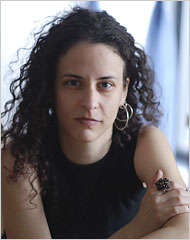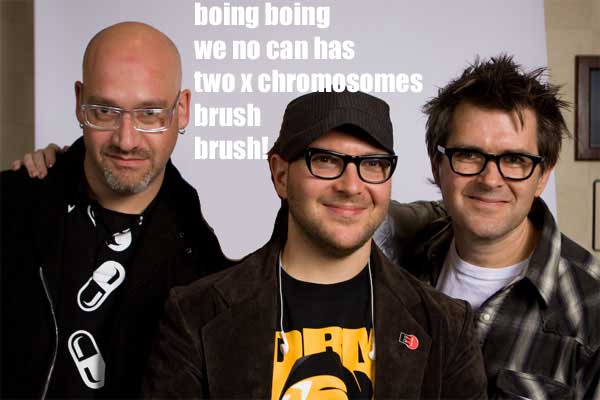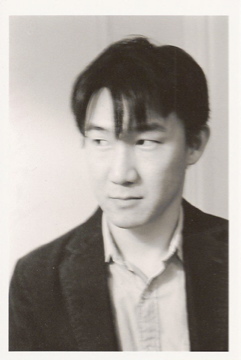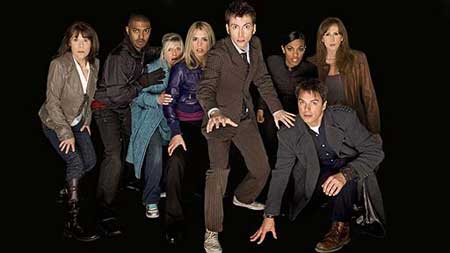1. No matter what happens in the present or the future, I will not remove a name or a reference from any past blog post. If there are significant changes to past content, I will be forthright about why the content has been adjusted or removed and offer a public explanation.
2. Even when I have mixed or negative feelings towards a blogger, if I have found a link from that blogger’s site, I will properly credit them.
3. Critical comments that take to task the posts here are welcome. But if you regularly troll on these pages and wish to pollute meaningful discourse, you will be banned from commenting. I remain as benevolent a dictator as I can. A number of people who have been particularly hostile have still been permitted to comment and have not been banned. Since 2004, I have banned only four people from commenting and viewing this site. These have been truly extraordinary cases. People who visit this site around fifteen times a day and get off on leaving bile (so the logs say). I have banned these people more out of concern for their emotional health than for any particular thing they have to say about me. (I also reserve the right to close a thread, if I feel that it has gone on far enough.)
4. I will not disemvowel any comments. These are the actions of a moderator too terrified to think outside her hermetic bubble. Commenters have been especially helpful in pointing out corrections, changing my mind, and otherwise helping me to articulate better. Even when I violently disagree with a comment, I generally try to find something within it. Therefore, it behooves me to respect their right to express themselves within the parameters of this statement.
5. If I have reported a factual error, please email me and I will correct it. If you wish to change my mind by informing me of certain facts, I remain open to your thoughts. I have been known to update specific posts here when such information has been presented to me.
6. I will not publicly post your private email. I respect your right to privacy. I believe that, as a blogger, there must be a private conduit as well as a public conduit.
7. If I am interviewing you, and you tell me something that is “off the record,” as far as I’m concerned, it’s off the record. (This policy, incidentally, has resulted in a number of great stories delivered to my ears. Too bad that I can’t tell you about them.)
8. If you wish to discuss something with me or clear up something on the phone, I will do this. This has happened a few times and I have listened to the party relay his side of the story.
9. These rules are open to amendment. And if I decide to amend these rules, I will certainly do so. But if I violate any of these rules, you have every right to tear me a new asshole. Particularly if I’m silent for days about it.

 Correspondent: If one looks at more lower brow choices, like Stephen King’s The Stand or The Andromeda Strain, or any number of superplague television series, like The Survivors and things like that, one tends to find a narrative that begins with the decimation of humanity. Yours is not that particular book. Again, going back to this question of inversions, I’m wondering if you made a particular choice. You had to have known about The Stand.
Correspondent: If one looks at more lower brow choices, like Stephen King’s The Stand or The Andromeda Strain, or any number of superplague television series, like The Survivors and things like that, one tends to find a narrative that begins with the decimation of humanity. Yours is not that particular book. Again, going back to this question of inversions, I’m wondering if you made a particular choice. You had to have known about The Stand.


 Park: It’s such a pleasure to talk to someone who’s also named Ed.
Park: It’s such a pleasure to talk to someone who’s also named Ed.
 This season’s penultimate episode of Doctor Who, “The Stolen Earth,” was a big fuck you to the fans, giving them everything they seemed to want, or that writer Russell T. Davies seemed to think that they wanted. It featured cheeky nods to Torchwood and The Sarah Jane Adventures, the return of Davros (with a ridiculous explanation for how he escaped death), a Richard Dawkins cameo, more holes than a porous street neglected for a decade by a bankrupt city maintenance department, Rose running around Earth with a preposterously gargantuan gun (still no explanation for how she escaped her universe), and an insulting cliffhanger suggesting that we’re getting yet another “it didn’t happen” two-part finale*. Davies even manged to name check Facebook. What next for next week? The Doctor stepping out of the shower, revealing that his real Gallifreyan name is Bobby Ewing, and gallivanting off through time and space with Rose?
This season’s penultimate episode of Doctor Who, “The Stolen Earth,” was a big fuck you to the fans, giving them everything they seemed to want, or that writer Russell T. Davies seemed to think that they wanted. It featured cheeky nods to Torchwood and The Sarah Jane Adventures, the return of Davros (with a ridiculous explanation for how he escaped death), a Richard Dawkins cameo, more holes than a porous street neglected for a decade by a bankrupt city maintenance department, Rose running around Earth with a preposterously gargantuan gun (still no explanation for how she escaped her universe), and an insulting cliffhanger suggesting that we’re getting yet another “it didn’t happen” two-part finale*. Davies even manged to name check Facebook. What next for next week? The Doctor stepping out of the shower, revealing that his real Gallifreyan name is Bobby Ewing, and gallivanting off through time and space with Rose?